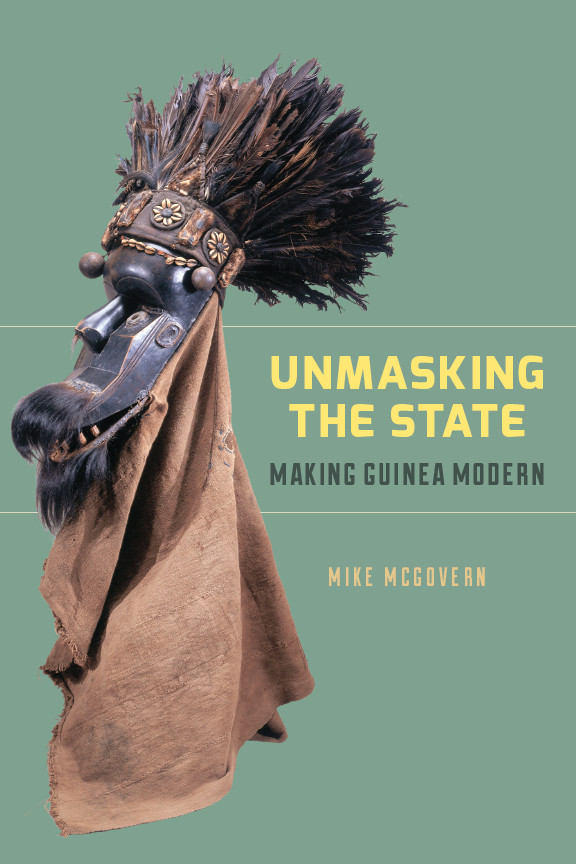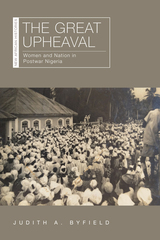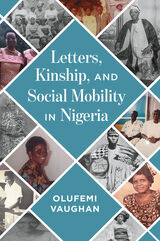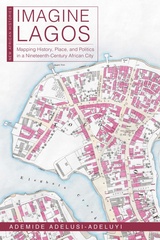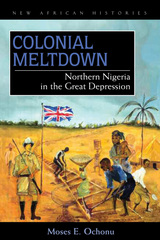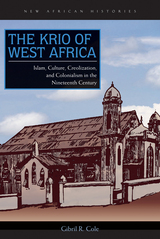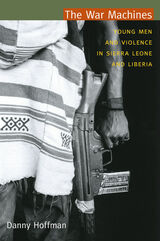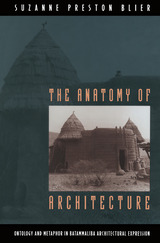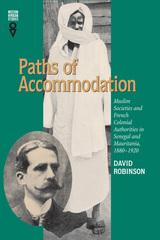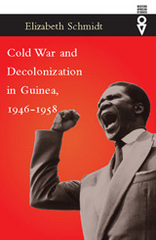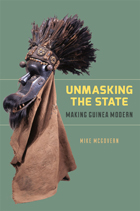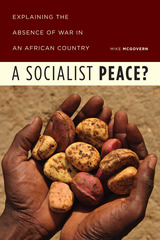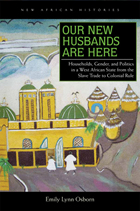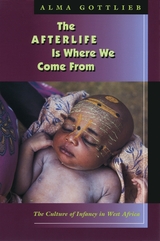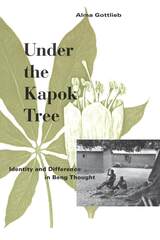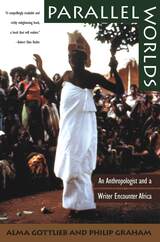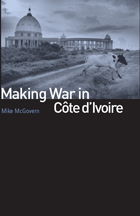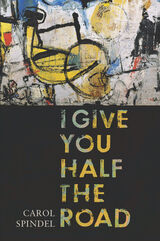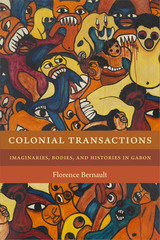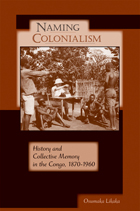Unmasking the State: Making Guinea Modern
University of Chicago Press, 2012
Cloth: 978-0-226-92509-7 | eISBN: 978-0-226-92511-0 | Paper: 978-0-226-92510-3
Library of Congress Classification DT543.8.M35 2013
Dewey Decimal Classification 966.5203
Cloth: 978-0-226-92509-7 | eISBN: 978-0-226-92511-0 | Paper: 978-0-226-92510-3
Library of Congress Classification DT543.8.M35 2013
Dewey Decimal Classification 966.5203
ABOUT THIS BOOK | AUTHOR BIOGRAPHY | REVIEWS | TOC | REQUEST ACCESSIBLE FILE
ABOUT THIS BOOK
When the Republic of Guinea gained independence in 1958, one of the first policies of the new state was a village-to-village eradication of masks and other ritual objects it deemed “fetishes.” The Demystification Program, as it was called, was so urgent it even preceded the building of a national road system. In Unmasking the State, Mike McGovern attempts to understand why this program was so important to the emerging state and examines the complex role it had in creating a unified national identity. In doing so, he tells a dramatic story of cat and mouse where minority groups cling desperately to their important— and outlawed—customs.
Primarily focused on the communities in the country’s southeastern rainforest region—people known as Forestiers—the Demystification Program operated via a paradox. At the same time it banned rituals from Forestiers’ day-to-day lives, it appropriated them into a state-sponsored program of folklorization. McGovern points to an important purpose for this: by objectifying this polytheistic group’s rituals, the state created a viable counterexample against which the Muslim majority could define proper modernity. Describing the intertwined relationship between national and local identity making, McGovern showcases the coercive power and the unintended consequences involved when states attempt to engineer culture.
See other books on: Guinea | McGovern, Mike | State | Unmasking | West
See other titles from University of Chicago Press
